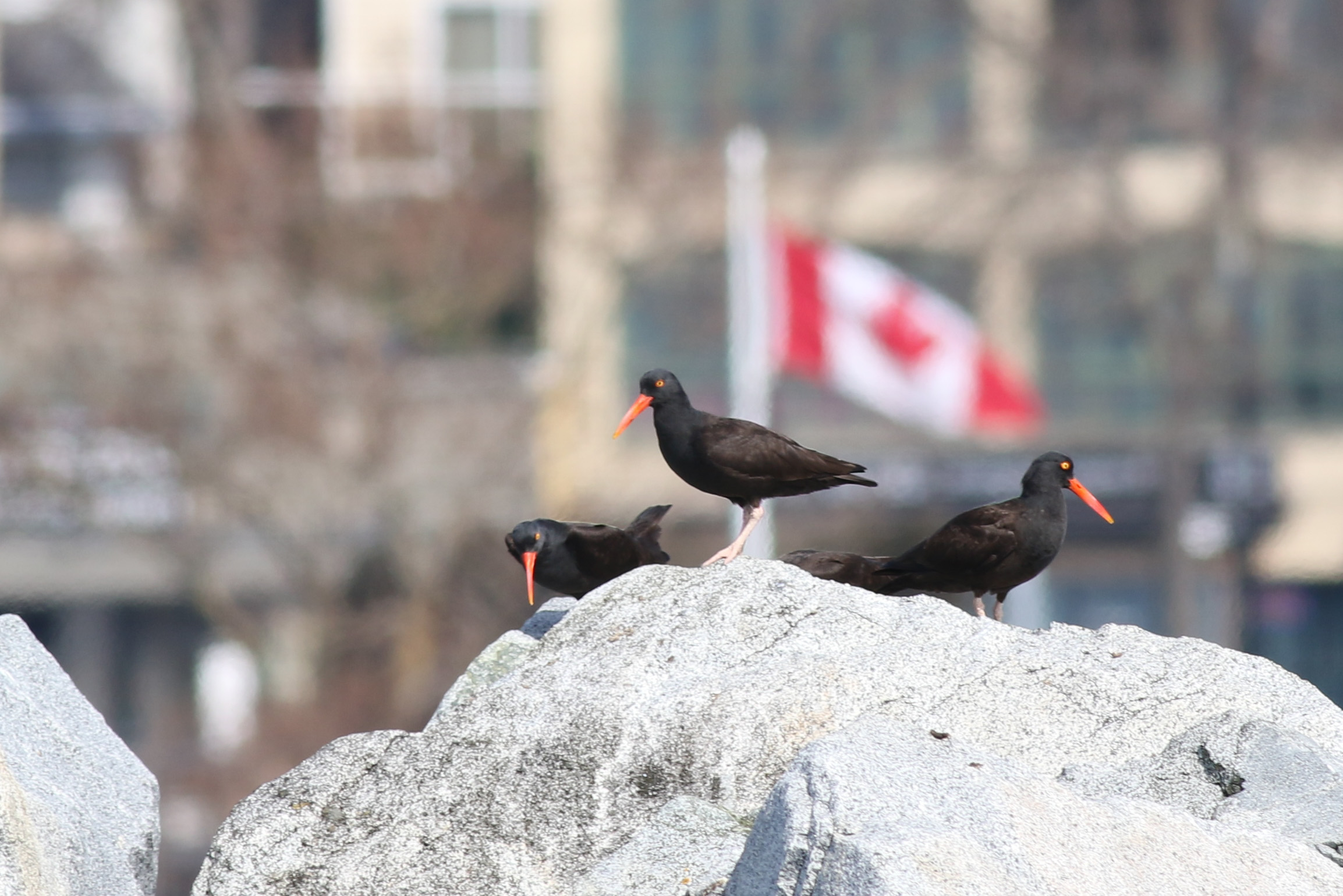By Dr. Rémi Torrenta, BC Projects Coordinator, Birds Canada
Birds Canada is currently seeking new volunteers for our BC Coastal Waterbird Survey and BC Beached Bird Survey. Please take a look at the program information below to see if you can help, or share it with friends and family who may be interested.
The results contributed by volunteers with this survey play an important role in species recovery strategies, oil spill response planning, and international research initiatives like the Migratory Shorebird Project. Volunteering for this program involves conducting surveys the second Sunday of each month to count all waterbirds and raptors in your designated survey area. The survey season runs from September to April. People with intermediate to strong birding skills (i.e. who can identify all adult gulls and figure out most juvenile gulls) are best suited for this position. You will need binoculars and/or a scope. To learn more, read our last newsletters and explore results from the past surveys, please visit the program page!
Whatever your birding experience level, you can participate in this survey! This program provides crucial baseline information on the causes and rates of seabird mortality. The results give a good indication of marine ecosystem health, and can help scientists detect changes in ocean conditions. Volunteers with this program conduct surveys during the last week of each month to detect, count, and identify any beached birds. This survey runs year-round. You just need an interest in learning to identify your coastal birds, and be comfortable with handling a dead bird (with provided gloves).
To learn more, please visit the program page.
If you haven’t already, you can also read our previous eNews article and learn how this survey contributed to better understand the impacts of ocean warming on seabird mortality!
How to Get Involved
To participate in either of these surveys, contact Rémi at rtorrenta@birdscanada.org.
Thank you for your interest in monitoring the health of our bird populations and coastal waters!

